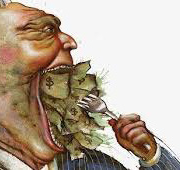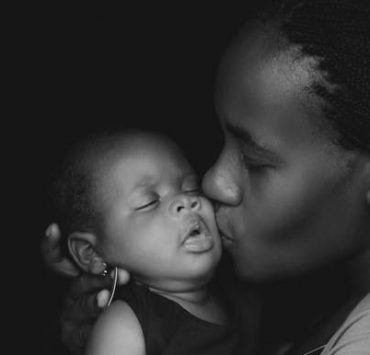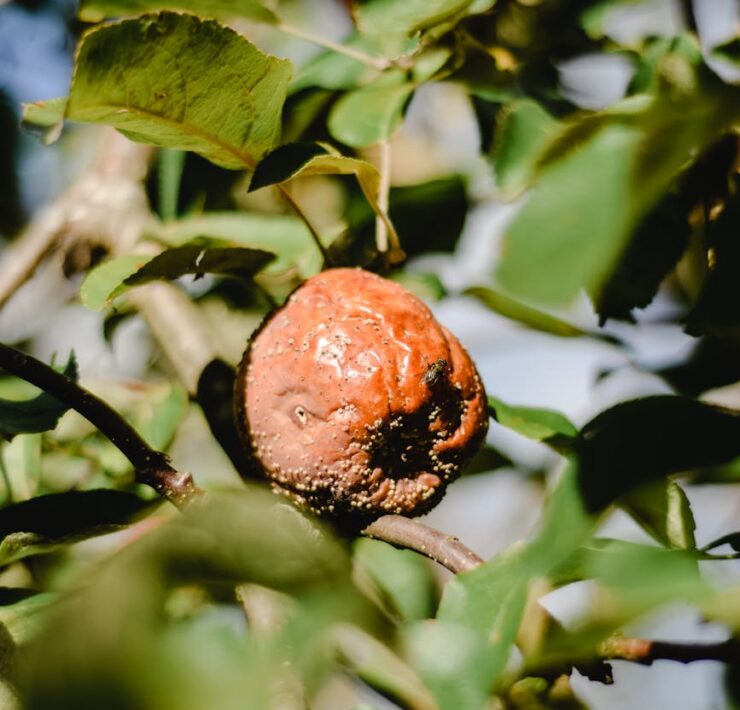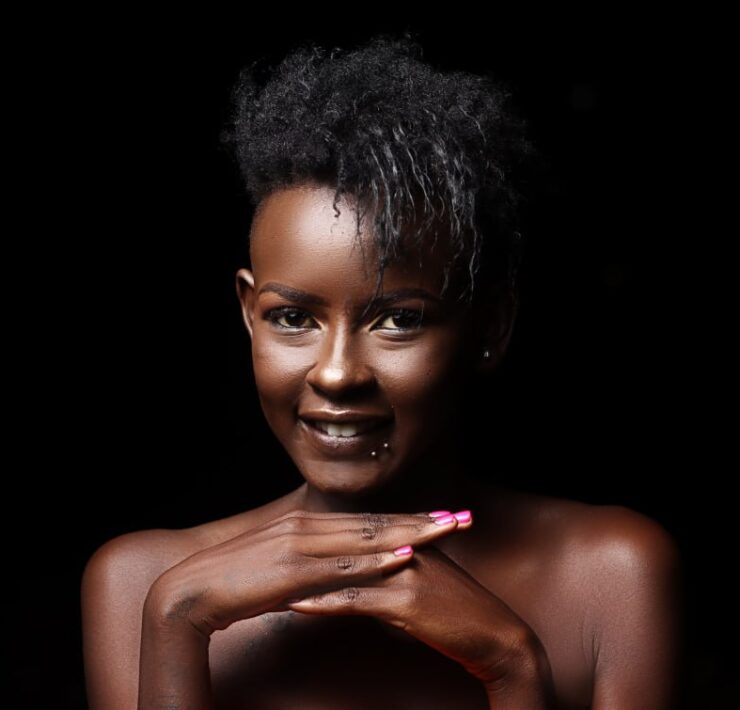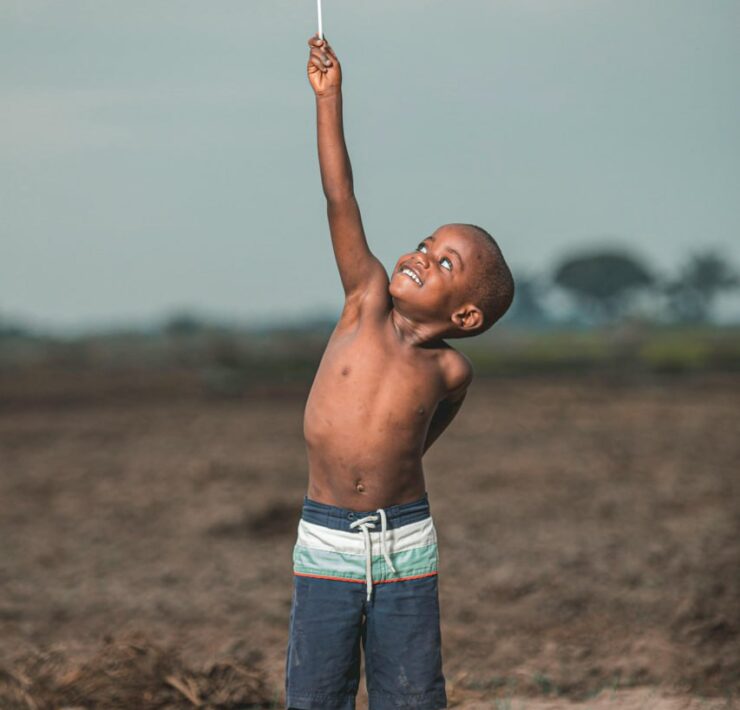The Power of Positive Stories

Samuel Phillips is a writer, graphic designer, photographer, songwriter, singer…
If you write a single-sided story of a people over and over again, that is what they will become after a while. For he who holds the pen for writing controls a lot of power just like he who molds with clay wields a lot of authority. Whatever they choose to do with such power and authority is left to be imagined by the one whose story is written by them. But imagine for a moment if everyone on earth realized that they have both the pen and the clay to both write their own story and also mold their own reality?
For centuries, the definitive Afrkan stories have been told by others, except for a few Afrikans who broke out of their boxes of limitations and decided they too have stories to tell. That for me is what I call a most beautiful realization of self and power restored. But what about those Afrikans who having realized they have both the pen and the clay to both write their own stories and also mold their own realities, decided, for whatever reason or reasons, to write the wrong stories about themselves or even the stories of those whose intentions are always against the survival of the Afrikan race. But no more should we as Afrikans give our power and authority to that which undermines and devalues us. For power is in our hands to both build or to tear down, heal or wound, save or kill etc.
For the first time ever, a short while ago, I listened to a short speech by ChimamandaAdichie, the Nigerian author, in which she was talking about the power of one-sided stories or something to that effect. She defines power as“The ability not to just tell the story of another person but to make it the definitive story of that person.”
From every indication possible, the consequence of telling incomplete stories about a person or a people is the creation of stereotypes. However, the issue with stereotypes is not that they are always untrue, but that it creates incomplete stories which more often than not, puts aside the good sides of the people whose stories are being told, while holding to the world like a banner, their negative sides.
At Msingi Afrika Magazine, we use the slogan “We tell the true Afrikan story” as both our brand purpose and identity. This slogan for us is not just some brand style to make us sound good or even attractive. It’s way more than that. The truth is, even before we ever knew we were to go into online magazine publishing, we had always known there was something wrong with the Afrikan story, the way it has been told and is still being told. So we decided, from the onset of the magazine, that we are going to tell the Afrikan story from a different place of hope, love, beauty, compassion, kindness and the Afrikan Ubuntu principle. This is the foundation of this magazine and we are not about to change it anytime soon. Does this mean we only tell the good stories of Afrika while closing our eyes to the bad? Not at all. In fact, we make sure we balance both the bad with the good, by telling the bad with the intention to correct and make changes while celebrating the good and giving it a bigger voice of expression.
Several times we have turned down articles from various Afrikan writers. And this we did not because they are not good writers, but because most of their stories come with much negativity and almost all the time, without the intention to correct or make changes in the people they write about, we decline such articles. Why do we have to do that when we are constantly in need of content? The reason is simple.
What we accept as articles in our magazine becomes what we have said yes to and because we have authority in the spiritual space called Afrika, giving such yes to negative articles is like giving power to the continuity of the very evil that we are fighting to remove from Afrika. It’s that simple.
And in doing what we do and how we do it, we are not excusing or turning a blind eye to the negatives in our people, but to become the lamps that shed light on their minds in order to help them see the accurate Afrikan reality and by that, make better choices.
Are stories that powerful?
Absolute yes.
Where did you learn to see yourself an Afrikan as inferior to the white man? I bet its largely from the stories that have been told about the Afrikan ancestors. About how the white man came and took their lands by the bullets and ‘superior’ military skills. But what you were not told is that not all battles against the invading white men were won by the white men. For example, Ethiopia was never conquered by the invaders. Queen Yaa Asantewaa of the Ashanti Kingdom of ancient Ghana defeated the British army. Such stories you certainly won’t hear in the narrative of the Afrikan people.
Again, how did you learn to think that the Afrikan narrative is that of perpetual poverty, terrorism, wars, militias, rape, malnourishment etc? I am sure it’s from the western propaganda machine called Hollywood.
Have you ever wondered why the only thing you see in Hollywood movies about Afrika is mostly Somalia and Al-shabaab, Nigeria and Boko Haram, South Africa and Drugs, Kenya and Zebras, Zimbabwe and illegal gold mines etc. But is that all there is to our Afrikan stories? Heaven’s NO. Notice that when you watch such movies, you see something of this kind: An American expatriate has been kidnapped in Somalia and the kidnappers are asking for a 5Million dollar ransom. Then the American millitary sends in their Seal Team to Mogadishu or a remote village in Somalia for a rescue operation. The kidnappers are killed by the ‘superior miltary skills’ of the US Seal Team and the captive was set free and taken back home to his or her family. End of the movie.
First, is that really the only story of the Somali people? No. Two, is that really the end of that story in the mind of the person that watched it? Not at all. The story simply becomes another seed planted in the mind of that person which in turn creates doubt about what it means to be an Afrikan and if the watcher is a child, a tree of inferiority complex and hate for the Afrikan narrative begins to grow. Then a few years down the line, that child who has now become a young man “suddenly” has this hatred for Afrika and everything that comes from her. But was it really a sudden thing? Big NO. The seed of Anti-Afrika was sown many years ago through a story, watered by more negative stories, pruned by the hands of the gardeners of wickedness and BOOM, you have an Afrikan heart that does not want to have anything to do with Afrika.
It’s time to grow up
Imagine all the havoc that negative stories have done against Afrika, Afrikans and the Afrikan narrative. But what about if we flip the coin to telling more of our positive strories? How much would we change within this current generation who can’t seem to make any connection to the goodness of Afrika, if we all deliberately begin to re-look, re-view, re-imagine and even re-engineer our personal and collective orientation about ourselves and our poeple? And I am not saying this to create a bunch of people who hide their heads in the sand when it comes to dealing with the negative things in our comuunities, but to call upon those who have clearly seen what our challenges are, have analyzed what it will take to deal with them and then by being positive about the possible outcome, now go ahead to deal. We must stop telling one-sided stories and start to tell complete stories of the truth about who we really are as Afrikans.
We just need to really GROW UP!
What's Your Reaction?
Samuel Phillips is a writer, graphic designer, photographer, songwriter, singer and a lover of God. As an Afrikan content creator, he is passionate about creating a better image and positive narrative about Afrika and Afrikans. He is a true Afrikan who believes that the true potential of Afrika and Afrikans can manifest through God and accurate collaborations between Afrikans. Afrika is the land of kings, emperors, original wisdom, ancient civilizations, great men and women and not some road-side-aid-begging poor third world continent that the world finds joy in undermining.








